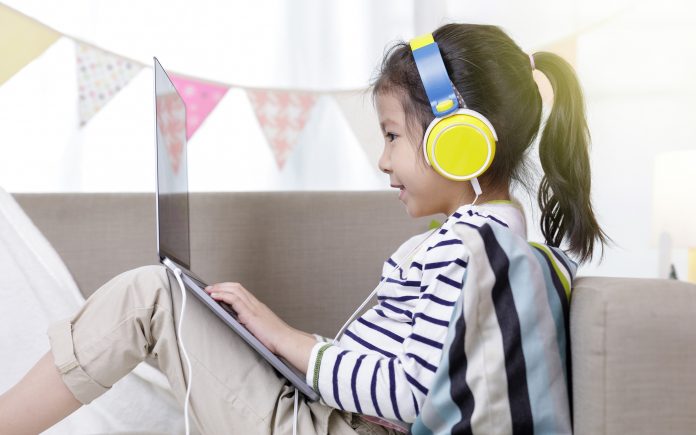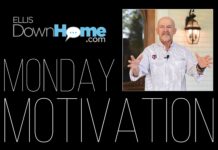
Say the words “remote learning” or “virtual education” in-person or on any social media outlet these days, and people visibly cringe as though you’ve asked them to bathe with rats and spiders.
And with good reason!
The spring semester of school in the United States due to the COVID-19 virus was an awful experience for just about everyone involved. Sure, there were individuals for whom it was surprisingly fulfilling and beneficial, but most people hated it.
Here’s what most aren’t aware of, though.
Virtual Education has been happening for decades. Colleges and Universities have used the model for their graduate programs for quite a while since most graduate students are working full-time, have families, and may live far from their school’s physical campus.
In Australia, long before the internet, children and teens living in the bush had “Air School” and received all their lessons over the radio. They attended “class” this way with their teacher, and had textbooks to study, and assignments to complete. They still use this model today, but it’s received an “upgrade” with the internet and some other more modern features.
For the past decade, millions of American, Canadian, and British teachers have been teaching ESL (English as a Second Language) online to children in Asia.
Closer to home, what started as a slow trickle about ten years ago has become a full-force river of online charter and public schools who do all their schooling online.
Virtual learning is not new.
And it is not what we experienced last Spring.
What happened last Spring was Crisis Learning. No matter what package it came in, it was done under an emergency with no preparation and little time to allocate resources.
True remote and virtual education has an entirely different set-up – and it is mostly successful!
Hopefully, this coming school year will be different. With proper planning, the right tools, and the right support, Ellis County districts could definitely become the leaders in both in-class education as well as remote learning, or a combination of the two.
– Rebecca has over a decade of experience in the public education system, and is currently pursuing a freelance writing career. She also works with local non-profits, is an avid reader and researcher, and enjoys traveling. She and her family reside in a historic home in Waxahachie.






